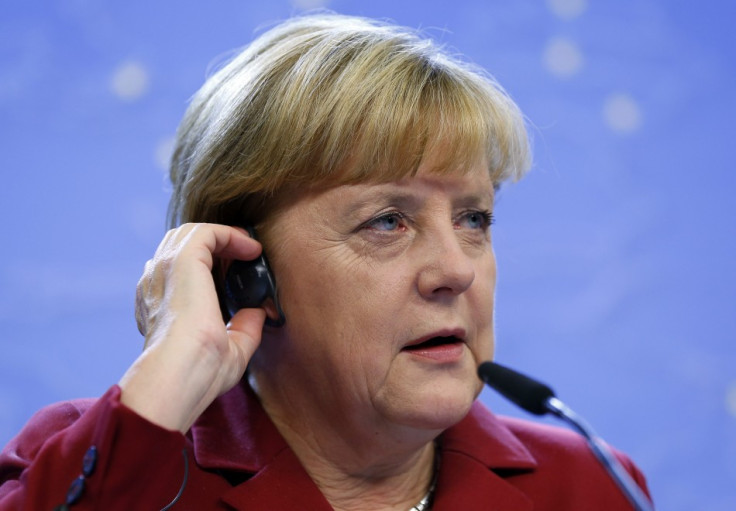Edward Snowden NSA Scandal: Germany and Brazil to Take Spying Case to UN

Germany and Brazil, which have been the target of systematic spying from the US National Security Agency, are to bring a resolution at the UN General Assembly demanding an end to the United States' massive international surveillance programmes.
Media reports citing UN diplomats said the countries are working on a UN resolution that would guarantee people's privacy in electronic communications. They said German and Brazilian officials had been discussing the resolution with their counterparts from Europe and Latin America.
The resolution would not mention the US, but would seek to extend the International Covenant on Civil and Political Rights to internet activities. The covenant became effective in 1976, years before the internet age.
Brazil and Germany expect to submit a draft resolution at a UN General Assembly committee that handles human rights on 1 November, to be put to the vote at the end of the month.
The NSA's surveillance practices included monitoring of vast volumes of internet traffic and phone records. They have drawn sharp criticism across the globe following revelations by Edward Snowden, a former contractor at the agency, who is currently in exile in Russia.
He leaked top-secret documents about the NSA tapping telephone conversations and spying on the internet activity of citizens, leaders, bureaucrats, businesses and government agencies.
German Opposition
Earlier, the German government said it had obtained information that US agencies may have hacked German chancellor Angela Merkel's mobile phone.
Merkel sought an explanation from US President Barack Obama for what Germany said was a "serious breach of trust" between the allies.
Despite Obama's assurance that Merkel's calls were not tapped, she said Germany wants talks with the US over Washington's alleged snooping activities. The German chancellor has urged the US to agree to a "no-spying" deal with its European allies.
Meanwhile, UK newspaper the Guardian has revealed that the US tapped the telephone calls of 35 world leaders, citing secret documents leaked by Snowden.
Brazil's Anger
Brazil president Dilma Rousseff cancelled a scheduled visit to the US following allegations that the NSA had intercepted her emails and telephone calls.
The visit would have been the first by a Brazilian president since 1995.
Obama had invited Rousseff to Washington to strengthen political and trade ties between the two biggest economies in the Americas.
© Copyright IBTimes 2024. All rights reserved.






